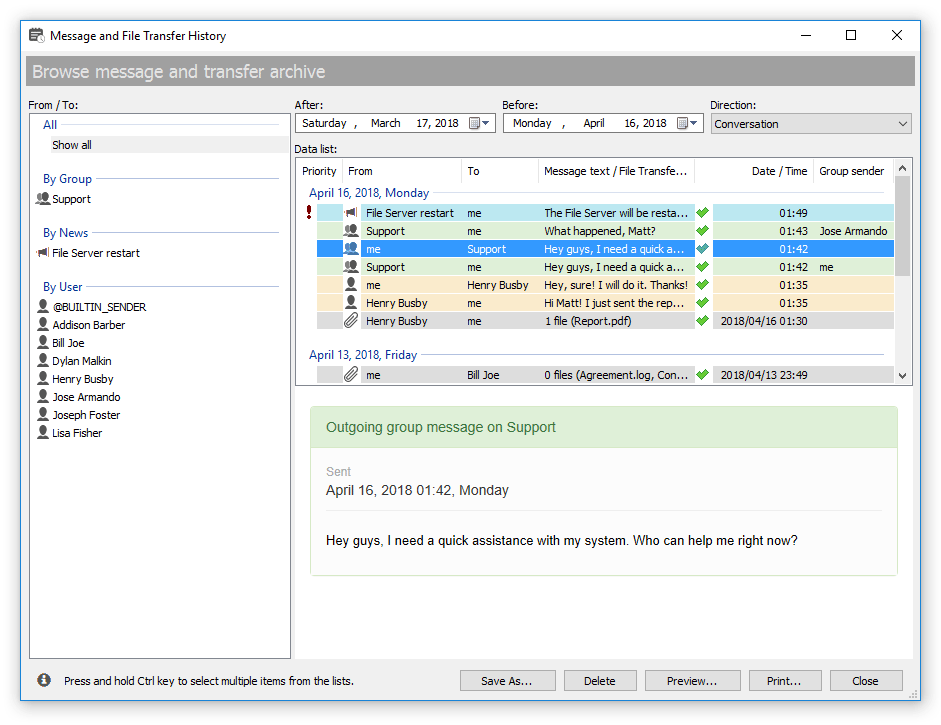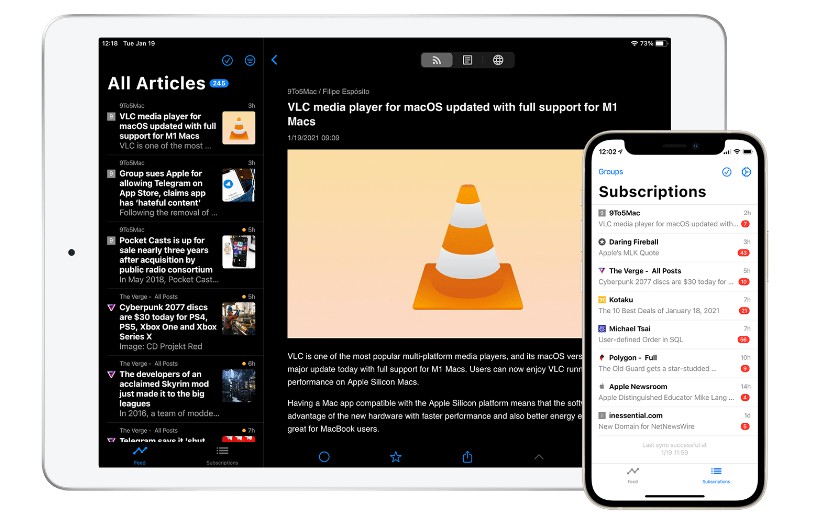

- #Self hosted messenger open source install#
- #Self hosted messenger open source update#
- #Self hosted messenger open source software#
- #Self hosted messenger open source code#
- #Self hosted messenger open source free#
Now, we just need to run a fairly simple docker command to get Trango installed and setup, but there are a couple of caveats I want to explain as we go.ĭocker run -d -p 9045:80 -p 9046:443 -name trango tak786/trango-self-hosted
#Self hosted messenger open source install#
Install NGinX Proxy ManagerĬongratulations, NGinX Proxy Manager is installed and running.
#Self hosted messenger open source update#
Make sure to update the email and password, from the default values, then log out, and back in using the new values you entered. If you go tot he IP address at port 81 (Example: ), you'll be prompted to login to NPM. Give it a minute to pull down everything, and get started, and then in your browser go to the IP address of your server. Make sure to replace the items with around it in each file, and that the username and passwords in each file match. Save and exit this file with CTRL+O then Enter / Return, then CTRL + XĪnd put this into that file: version: '3' But essentially, you want to create a new directory: I have a Video just for this topic, so I'll put it below. docker_install.sh Install NGinX Proxy Manager on Docker Once saved, you can run the entire thing in one go with the command: Make sure to remove the line indicated for the version you aren't running (either 18.04 or 20.04). You can either run the above line by line (ignore the #!/bin/bash line), or copy the whole thing into a file, and name it something like docker_install.sh. # add current user to docker group so sudo isn't needed Sudo add-apt-repository "deb focal stable" # keep this line for Ubuntu 20.04 and remove the 18.04 line above Sudo add-apt-repository "deb bionic stable" # keep this line for Ubuntu 18.04 and remove the 20.04 line below Sudo apt install apt-transport-https ca-certificates curl software-properties-common -y For our purposes, I'll use, but you'll want your own.
#Self hosted messenger open source free#
There are other options out there as well, so feel free to choose whoever you want, just make sure you can create a DNS A-Record with whoever you pick. I use their service, and it is really nice. If you don't have a domain name registrar yet, then I highly recommend Hover. A Domain Name you want to use to access your server. NPM provides a way to have a fully qualified domain name (FQDN) like, and to have LetsEncrypt SSL certificates that give us an HTTPS connection (which mobile devices have to have for WebRTC stuff).ģ. NGinX-Proxy-Manager (NPM) Installed before Trango I use a very simple script (below) to install everything you need, but you can also just take the items in the script line by line, and run them in your terminal.Ģ. I use Docker on Ubuntu, but you can use it on any system you prefer. For businesses, families, universities, and so much more this makes such an amazing concept. Now, you can probably fool it if you really want to, but the idea is that you can keep your communication local. Once it's setup, even with a Public URL, it only shows you people on your local network (LAN). It's really a very nice little piece of software, and works a lot like SnapDrop that I covered a few videos back. I stumbled upon Trango Self Hosted a while back, and have been wanting to get it setup, and do a video on it for a while. run myself on my own system if I want to.
#Self hosted messenger open source software#
The part I don't like about subscriptions is for proprietary software that I don't at least have the option to 1. So charging a small amount for this makes complete sense. Servers cost money, upkeep and maintenance take someone's time, bandwidth (sadly) costs money. In fact, pretty much anyone in the cyber security world can make exactly the opposite argument.Īs for subscriptions, I really don't mind a subscription pricing of a SaaS solution.

#Self hosted messenger open source code#
You can make an argument that something is more secure because the code isn't right there for everyone to see. Security through obscurity is a fool's errand. It just makes it sooooo much better overall. Audits for security, for safety, good coding standards, old / deprecated code snippets, librarires, and APIs. Open Source gives insight into what's going on in the background, and allows (when wanted / needed) for audits. People constantly try to justify using proprietary software, and subscription model only software, and honestly, none of it can actually be justified to me. I love open source, and I love self hostable software.


 0 kommentar(er)
0 kommentar(er)
